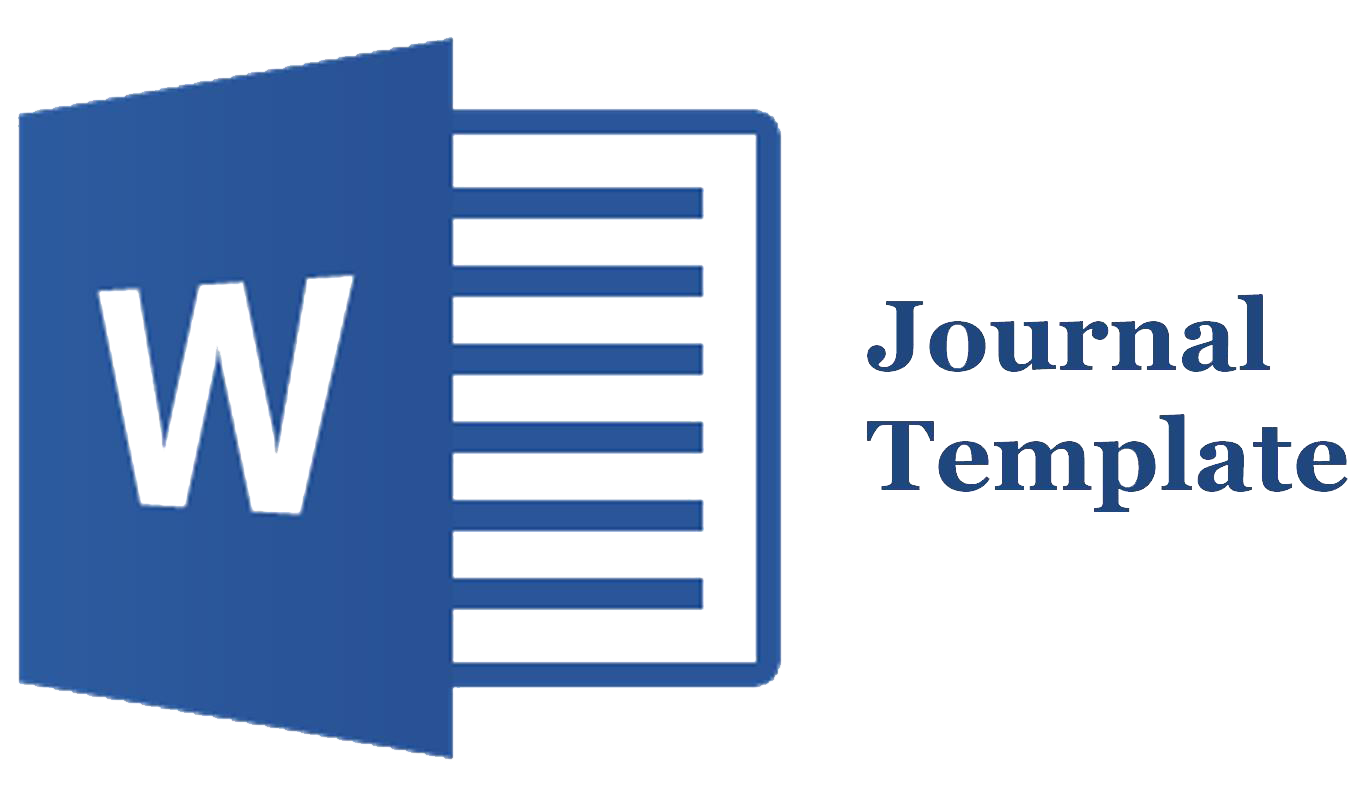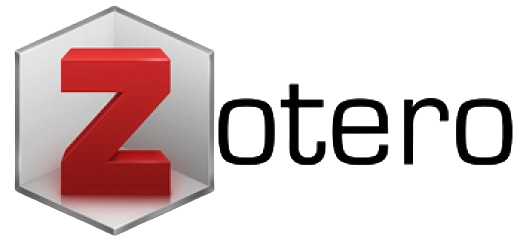Regulasi Digital dan Implikasinya Terhadap Kebebasan Berpendapat Pada Undang-Undang ITE Pada Platform Media Sosial di Indonesia
Abstract
Globalization also brings changes to all aspects of life, especially in aspects of technology and information which are increasingly rapid along with progress and development. The digital era has also influenced changes in digital regulations. Indonesia as a democratic country continues to maintain the pillars of freedom of expression in accordance with Article 28E paragraph (3) of the 1945 Constitution of the Republic of Indonesia. The aim of this research is to analyze the influence of the ITE Law on people's freedom to explain on social media platforms and analyze the extent of the influence of the ITE Law in protecting rights. freedom of opinion. This research uses a qualitative approach to explore the impact of digital regulations on freedom of expression, with a focus on the case of the ITE Law in Indonesia. The main data source in this research involves respondents who are social media users who influence or are involved in controversies related to the ITE Law. The results of this research show that the implementation of the ITE Law in Indonesia is still not fully in accordance with the principles of human rights and democratic values. Because there are still articles that have multiple interpretations, and the ITE Law also has a negative impact, namely causing concern for the public to criticize the government, so that one of the rights contained in human rights, in this case the right to freedom of expression, is threatened and has not been fulfilled.
Keywords:
Indonesia; Kebebasan Berpendapat; Media Sosial; UU ITE; Regulasi DigitalDownloads
References
How to Cite
Published
Issue
Section
License
Copyright (c) 2024 Alya Rahmadani, Monika Lisa Paramita, Shafa Haura, firman F

This work is licensed under a Creative Commons Attribution-NonCommercial-ShareAlike 4.0 International License.















